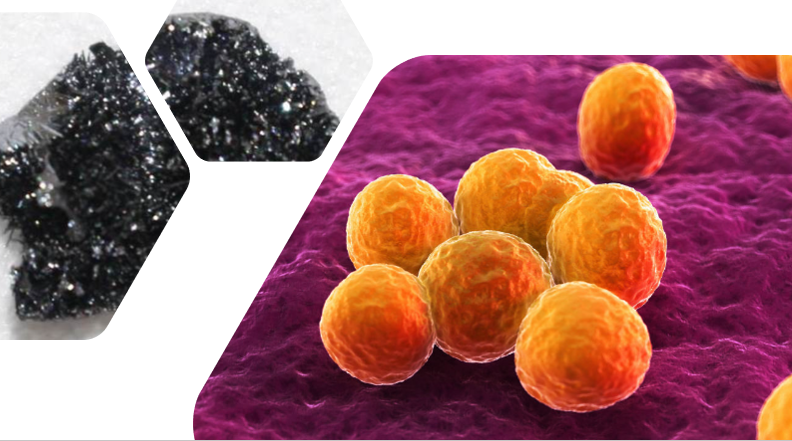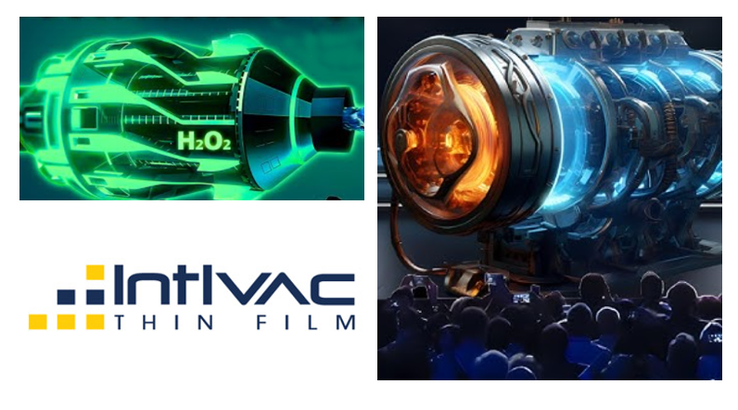September 15, 2023
Black Phosphorus-Based Thin Nanomaterial is as Powerful as Antibiotics
A New study led by RMIT University, and the University of South Australia details the discovery of a new nano thin material that is able to kill drug-resistant bacterial cells and achieve similar healing and infection prevention results as an antibiotic. The material is a black phosphorus- based nano technology that has undergone rigorous pre-clinical trials and was found to be a highly effective against a range of antibiotic resistant bacterial cells (Commonly known as superbugs) including golden staph. The study published in the journal Advanced therapeutics showed that the nanomaterial is effective in treating infections and that it can eliminate 99% of bacteria without harming biological cells. As mentioned, the black phosphorous material is as effective as an antibiotic in eliminating infections and accelerating healing, resulting in wounds closing by 80% in seven days. RMIT is looking to patent the material for its use in wound healing formulations. A lead researcher on the project Professor Sumeet Walia noted that the material is more than a coating and that it can actually be incorporated into materials that are used to make devices and topical treatment such as gels. Learn more here.
September 30, 2023
Intlvac is Set to Introduce Their Thin Film Deposition Tech to the European Fuel Cell Industry
Intlvac is Set to Introduce Their Thin Film Deposition Tech to the European Fuel Cell Industry
Leader in the high vacuum manufacturing industry, Intlvac Thin Film, is set to introduce its thin film deposition technology to European markets. the technologies can significantly improve hydrogen fuel cell production. Intlvac Thin Film has been in the thin film deposition and materials science industry for over 30 years and has clients in several fields including aerospace and defense, telecommunications, medicine, energy, optics, and photonics. The firm will be showcasing their technology at Europe’s largest hydrogen technology expo in Germany this week. Technologies to be featured include their physical vapor deposition (PVD) technology, plasma-enhanced chemical vapor deposition (PECVD) technology, and vacuum systems for fuel cell research and manufacturing. According to the firm their technology has garnered significant interest in the North American fuel cell industry since it was initially introduced. The interest is primarily driven by the increasingly high cost of platinum and palladium which is a hurdle that the fuel cell industry must overcome. They mention that their PECVD and PVD technologies reduce the amount of scarce metals used during fuel cell manufacturing. The advanced technology is able to deposit thin layers of metals during fuel cell construction without compromising the fuel cell’s function or performance and thereby reducing the amount of scarce metals needed and decreasing production costs significantly. Learn more here.


